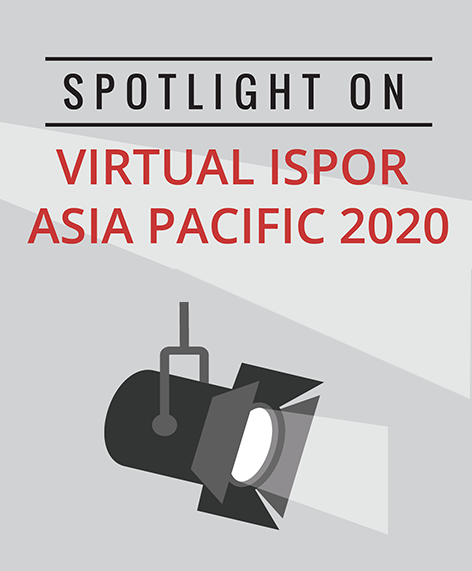Striking the Right Note: Harmonization of HTA in the Asia Pacific Region
Martin Vu, MPH, BSc and Koen Degeling, PhD, MSc, BSc, Cancer Health Services Research, The University of Melbourne, Melbourne, Australia
As the Asia Pacific healthcare market continues to grow, the need and demand for consistency and harmonization of health technology assessment (HTA) processes becomes apparent. While countries such as Australia, South Korea, and Thailand have well-established HTA processes, others are looking to leverage existing knowledge and experience in building technical capacity for the conduct of HTA. This session focused on opportunities for harmonization of new and existing HTA processes through collaboration with international agencies.
Discord and Uncertainty in Existing Clinical Pathways
The boundaries of traditional regulatory HTA frameworks have been pushed in recent years, particularly due to the development and introduction of advanced therapy medicinal products. Andrew Wilson, PhD, Pharmaceutical Benefits Advisory Committee, Canberra, Australia, elaborated on several challenges and consequences of precision medicine on evidentiary standards adopted by HTA agencies. [Figure 1] Not only are the innovations in precision medicine often associated with a high financial cost, their personalized nature has made it difficult to maintain the traditional quality and quantity of evidence in assessing the effectiveness and harm of the intervention. Substantial structural uncertainty is often also present regarding the implementation of these discoveries in existing clinical pathways.
Figure 1. Trial designs to evaluate precision medicine pose challenges regarding the interpretation of their results.
Further issues arise with the typically high-cost interventions such as CAR-T, gene therapies, and combination therapies of on-patent and generic drugs. Beyond a high cost per patient, some of these innovative technologies require substantial upfront investments. Tissue agnostic biomarker-directed therapies for cancer patients (ie, therapy that is based on DNA alterations as opposed to the organ of origin) also challenge the traditional HTA processes. Although these issues are particularly evident in oncology, they are also expected to emerge in other areas of medicine.
“There is a need and significant opportunity for greater sharing in HTA around new therapy and diagnostics, and these are likely to be around specific aspects of the HTA cycle.”
—Andrew Wilson, PhD
Achieving Harmony Through Collaboration
The promise of HTA harmonization holds many benefits for smaller countries with limited resources across the Asia Pacific region, including prevention of costly repetitions and duplication efforts, but it also provides the opportunity to build upon the knowledge and experience from other countries. Collaboration was considered most likely with regard to new innovations and medical devices, advancing emerging technologies including genomic medicine, utilization of real-world data and evidence, and digital health. Furthermore, there is an opportunity for countries in the region to share lessons learned from the COVID-19 pandemic, including reflections on diagnostic processes, vaccine development, and rapid assessment.
“Each of us in our countries works within a particular decision framework and that will influence the extent to which we are able to harmonize and work together.”
—Andrew Wilson, PhD
HTA harmonization in the Asia Pacific region comes with a set of challenges that were also observed in the European context. Session moderator, Oshima Sachin, PhD, Department of Health Research, New Delhi, India, discussed some of these issues, particularly focusing on variations in HTA practices between jurisdictions, differences in institutional context, and diversity in social values.
Good Guidance Plays an Instrumental Role
According to Dr Sachin, guidance provided in the Identifying the Need for Good Practices in Health Technology Assessment published by the ISPOR Health Technology Assessment Council, plays an instrumental role in supporting initiatives regarding the implementation of HTA practices for countries across the Asia Pacific region. However, more work is needed with respect to the organizational aspects of HTA, as well as the use of deliberative processes and measurement of the impact of HTA.
Kun Zhao, MD, MHSci, PhD, China National Health Development Research Center, Beijing, China, highlighted the opportunity for HTAsiaLink to strengthen HTA research efficiency through the exchange of knowledge and experience as part of the effort in this region to increase HTA harmonization.
Organizations such as ISPOR and HTAsiaLink can therefore play an important role in promoting and supporting HTA utilization, developing efficient methodology for HTA practices, and encouraging HTA evidence implementation within the Asia Pacific region.
Explore Related HEOR by Topic


